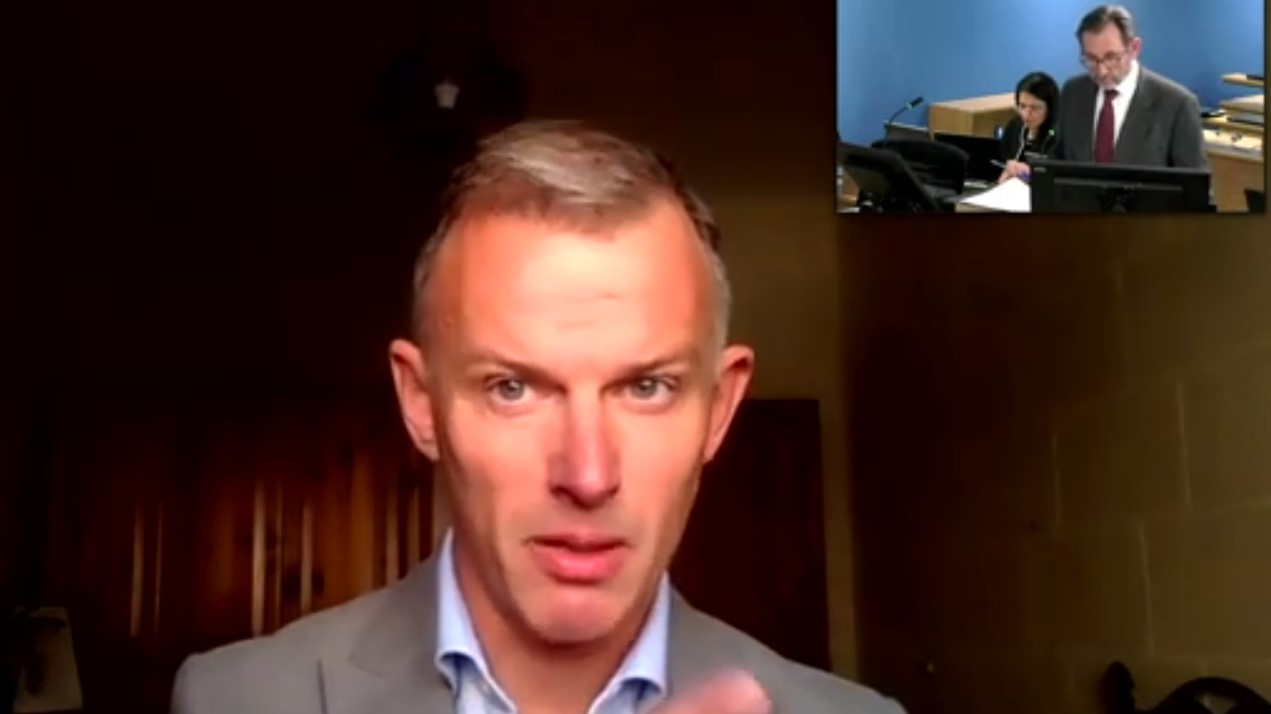
Residents of Grenfell Tower struggled secure a meeting with the Kensington and Chelsea Tenant Management Organisation (KCTMO) to express their concerns about the quality of refurbishment works and design decisions ahead of the 2017 disaster that killed 72 people, the Grenfell Tower Inquiry has heard.
Resuming after an Easter break, the Inquiry heard evidence from former residents of the tower, Lee Chapman and David Collins.
Collins, who is the former chair of the Grenfell Tower Residents Group, which later became known as the Grenfell Compact, wrote to KCTMO project manager Claire Williams in March 2015 and referred to a residents’ meeting earlier that month where there had been an “overwhelming community and shared sense of poor consultation from TMO and [main contractor] Rydon, extreme dissatisfaction with the process of consultation, concerns over the on-going safety of work, safety within residences and communal areas, and massive unhappiness with the quality of work being performed within and around people’s homes and lives”.
Williams responded in April 2015 that consultation had been ongoing since 2012 and that in 2014, KCTMO had asked residents about their preference for consultation “as obviously fatigue had settled in”. She told Collins in her response that 90% of residents had asked for newsletters or updates through their letter box, but that informal sessions and drop-ins had continued.
In yesterday’s hearing (19 April), Collins claimed that he did not know about such arrangements and asserted that “there wasn’t enough consultation at the time it was needed”.
In his statement given prior to the hearing, Collins explained how in March 2015, resident Edward Daffarn invited around 20 households to his flat where the Grenfell Community Unite group was formed as a residents’ group to speak with the TMO and Rydon about their concerns.
During the Inquiry hearing, Collins was shown an email from Claire Williams to TMO director Peter Maddison dated 13 April 2015 in which she said that the “preference was not to meet up with the Grenfell Community Unite Group, which could be a showcase for Mr Daffarn”.
Asked if he thought that Grenfell Community Unite might have been a showcase for Daffarn, Collins replied: “Do you seriously want me to begin to answer that question?…No.”
The group went on to make contact with local councillors. Asked why it was felt necessary to take that step, Collins said: “Because blinking no-one else would listen to us. We tried every way we could possibly find to get a voice and to be heard.”
The councillors helped to secure a meeting between residents and the TMO and Rydon in July 2015, which dealt with issues around the siting of the HIU boiler unit, electrical safety, pipework, access to flats, and security. A letter from councillors about the meeting was also sent to local MP Victoria Borthwick ahead of a visit that had been arranged for 17 July.
Collins said it was only after meeting their MP that the group felt “something would change”.
‘Poor installation’
During his evidence, Lee Chapman confirmed that it became clear after the installation of new windows in the tower during the refurbishment that they were “badly installed” with gaps between the window frames and walls. Chapman said wind could be felt through these gaps. He said he complained about the issue in March 2017 to Ben Bailey of subcontractor Harley Facades and that they weren’t fixed by the time of the fire.
Chapman, who served as secretary of the Grenfell Tower Leaseholders’ Association (GTLA), also had concerns about the installation of gas pipes in the stairwell of the building.
In his statement given prior to the Inquiry, he said: “As the gas piping in the stairwell was being installed, we were told that our gas pipes would be changed so the gas pipes ran along the ceiling, coming into the flat above the front door and through the bathroom and toilet into the kitchen. We refused to allow this because I was concerned about the safety of this. We were told that eventually they would just turn off the old gas supply. This issue had not been resolved at the time of the fire.
“Living so close to the top [of the tower], I was worried about fire safety as we would need more time to get out in the event of a fire. Also, I cannot stress how worried I was about the gas pipe.”
Chapman said he was seeking reassurance and didn’t want the work to go ahead until he was happy that it was “necessary and safe”. He said: “We were not consulted on the works, and the works seemed to be done with no-one from RBKC [the council] or TMO inspecting. If we hadn’t raised concerns about these works, nothing would have been challenged or done about these works.”
He said he also had concerns about the in plans to box in gas pipes in the building, having seen workers box in the central heating pipes “in the cheapest way possible”. He claimed that the pipes were not boxed in “for several floors below us” before he left for Malaysia in June 2017, just prior to the fire.
The Inquiry continues.
Comments
Comments are closed.


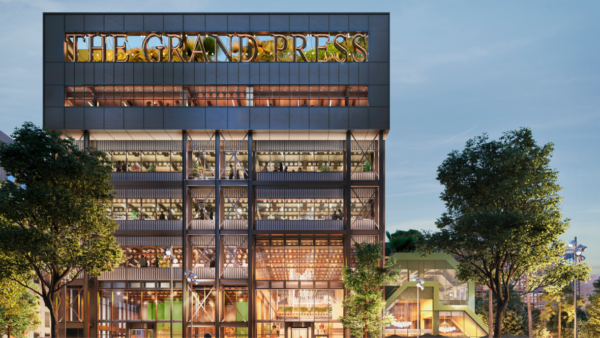

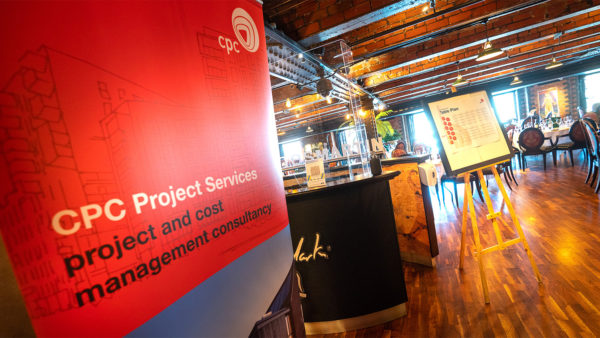
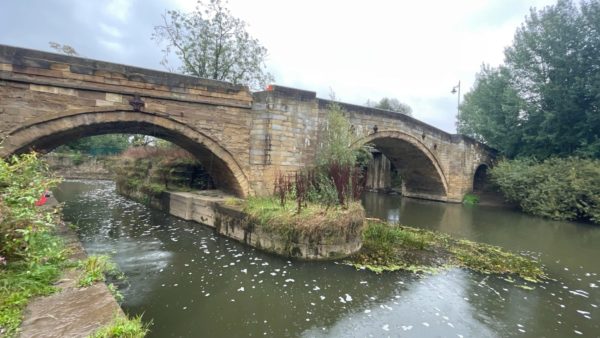
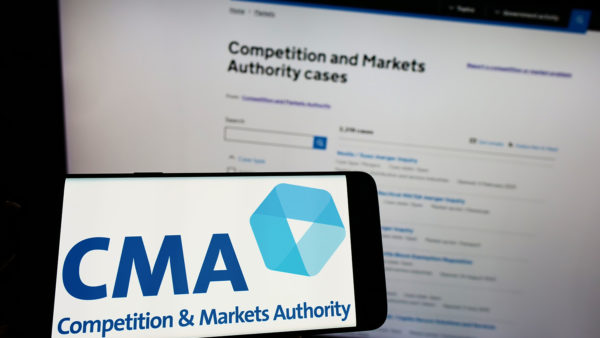
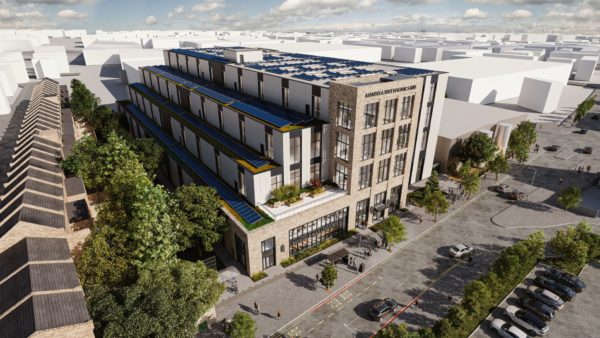


Maybe to sort this issue suggest that has to be one named responsible main contractor designated as the legal entity under a construction contract of this type to sanction that all elements of the construction are in accordance with current regulations. This document would also need to be countersigned by the responsible Building Control Authority whether Council or Private. ( alongside Full Plans Building Regulation Approval Certificate). Insurance would be invalid and the building could not be occupied until this signed documentation is in place. This single point of responsibility would incentivise a method to provide strict golden thread quality control during the project over an often disparate disjointed sub contractor system.
Peter Anderson
Safety is the Key here regulation should be paramount . As soon as a group of people or even one person express their concerns about safety and quality the Alarm must be totally recognised and examined with no stone unturned .The result of ignoring residents was tradedy at scale shame on the Proffessional bodies involved.